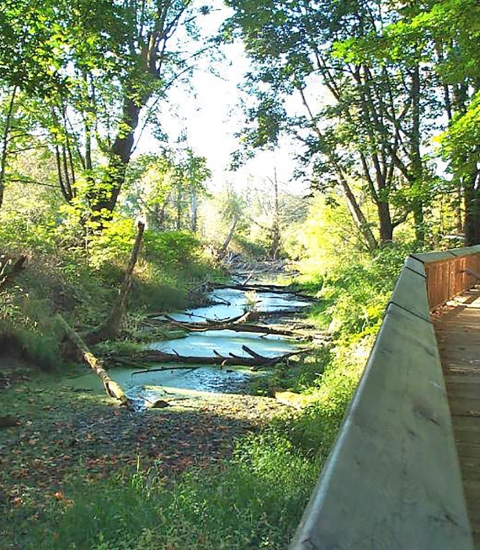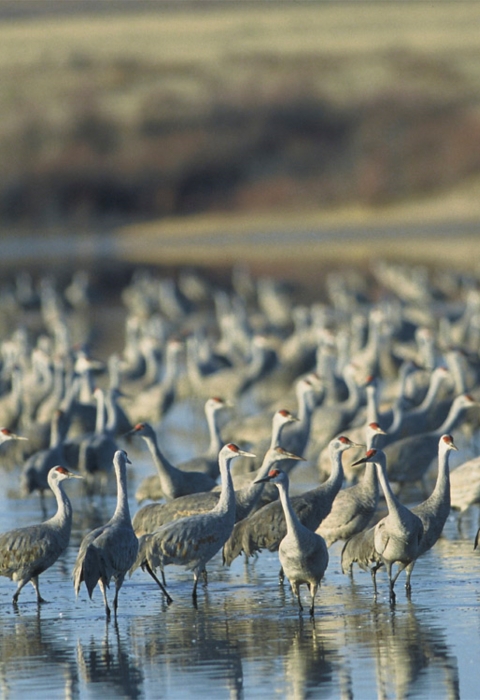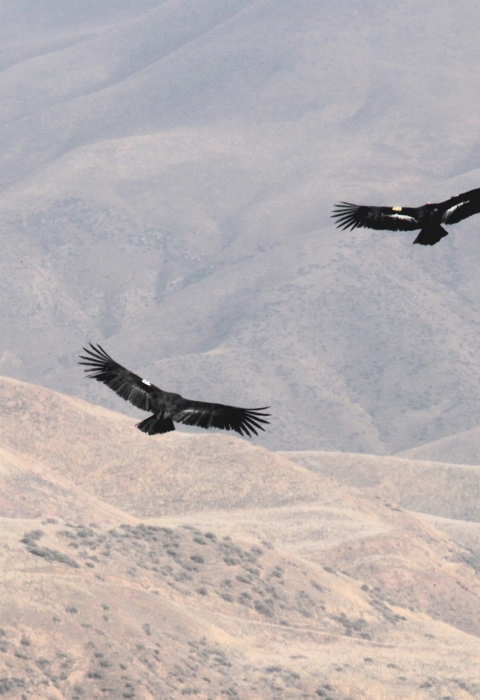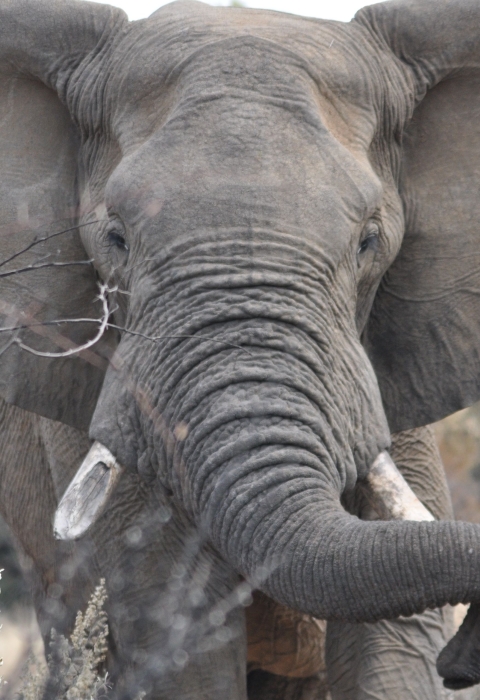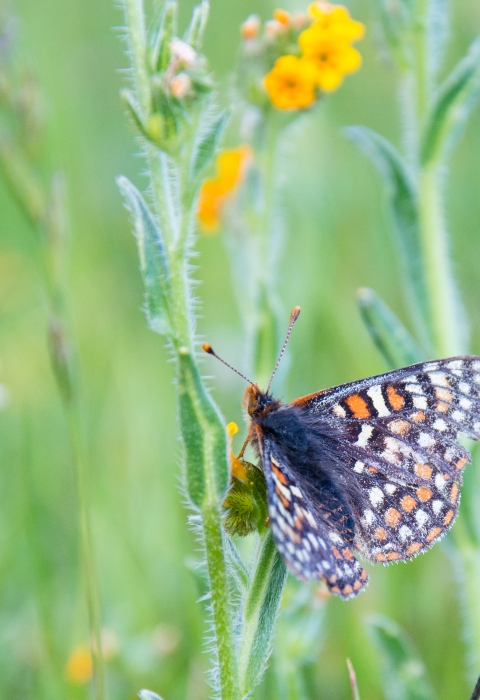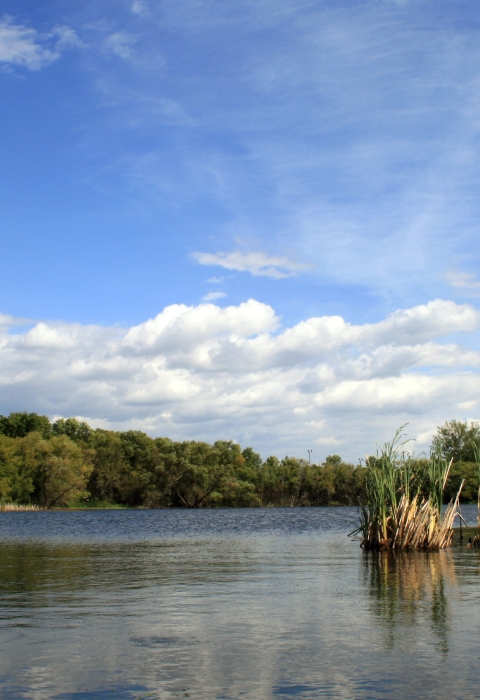Laws & Regulations
For the latest updates on policy changes, rules, regulations, and notices, go the the Laws and Regulations page.
Find a Facility (Bottom of News pages)
Want to see social media more specific to your area? Use the link below to find FWS facilities near you. You can see upcoming events, activities and social media for that specific location.
